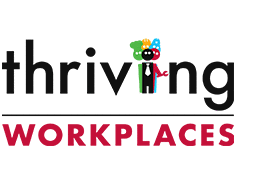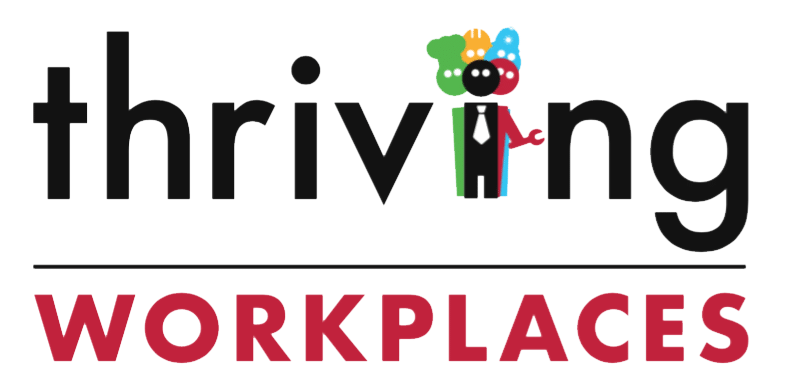
17 May 5 Ways To Support Your Staff’s Mental Wellbeing
Mental health affects us all so it’s incredibly important to address mental health at work for those with existing issues and those at risk, but also for the workforce as a whole. This Mental Health Awareness Week we’re sharing with you five ways to support your staff’s mental wellbeing at work!
Create an open culture
Creating a supportive workplace culture should be the starting point for all employee health and wellbeing initiatives! From ensuring there is a mental wellbeing policy in place, getting the most out of communication, busting the stigma the stigma and providing training, these all help to show that the organisation cares. You can read more about creating a supportive and open culture in our last blog post here!
Have a conversation
People can find it difficult to talk about their mental health, which is why it’s so important to have an open culture where such conversations and normalised and encouraged. Time and place matters when it comes to these conversations; make sure the individual feels comfortable and this may be different for everyone, so if you aren’t sure just ask! Ask open and non-judgemental questions and let people explain their mental health in their own words (don’t make assumptions!), ask about the triggers, how it impacts on their work and what support they need. Ensure confidentiality throughout.
Develop an action plan
Action plans are arguably the most important step! Work together to identify the signs and triggers, who to contact in a crisis and the sorts of support which could help. Be positive, focus on what they can do and find solutions as much as possible. It’s true when they say that ‘people are the expert on their own mental health’, and so they themselves are the most qualified to identify the support or adjustment they may need. If it would help, include an agreed time to review the support measure to see it they’re working.
Workplace adjustments
Workplace adjustments can range from changing desk to one with access to more natural light, to reduced hours and phased returns. Generally, they are simple and practical solutions which employers should explore with the individual themselves, being as creative as possible! Some ideas include changes to break times, provision of quiet spaces, agreement to give time off for appointments relating to mental health, extra training, mentoring or ‘buddy’ systems. We know that not all organisations can agree to all of these workplace adjustments, but there’s always something you can do to help, however small!
Encourage people to seek advice and support
There is a wealth of both professional and peer support out there so we would recommend that all managers and HR staff are equipped with this information to enable them to signpost appropriately! The GP should be the first port of call, they can discuss options such as medication, counselling and other talking therapies. If you have an Employee Assistance Programme which provides in-house counselling, make sure you know how to access it. As well as this professional help, there are also a great deal of self-help techniques and online forums where individuals can access advice and support!
Want some support? To find out more about what we do, take a look at our brochure and get in contact, we’d love to meet and discuss how we can work together to help you create a Thriving Workplace.


